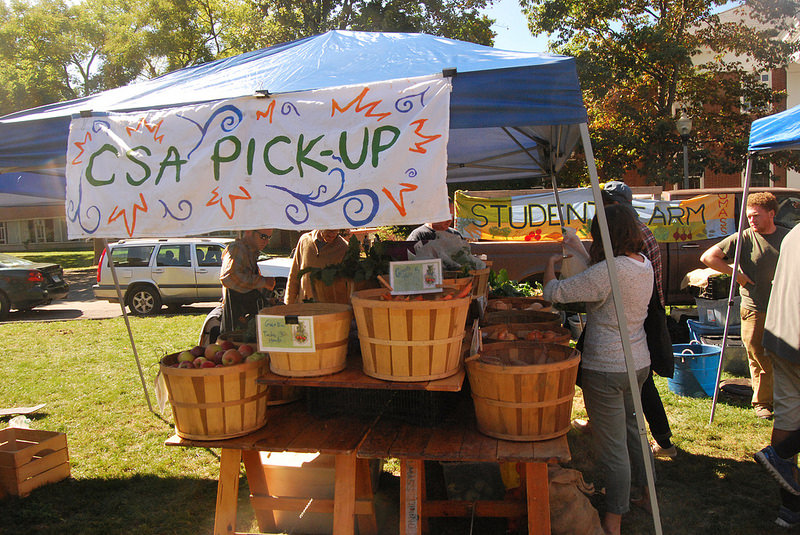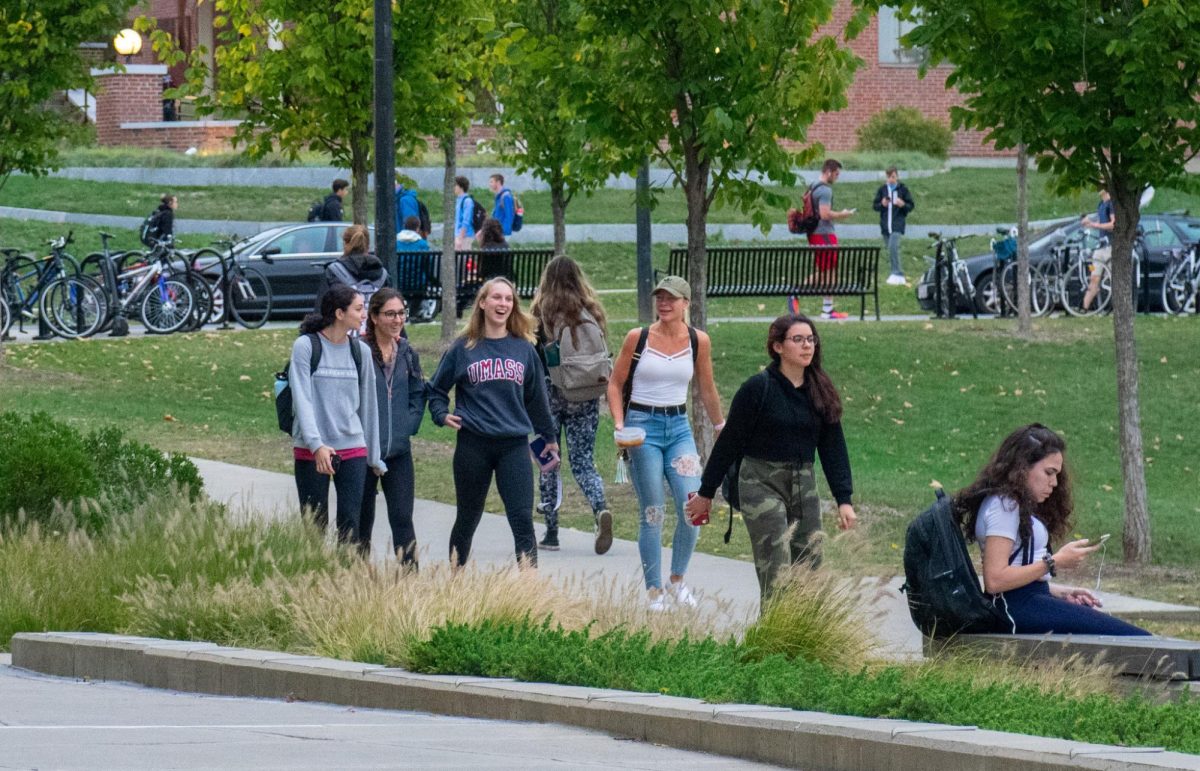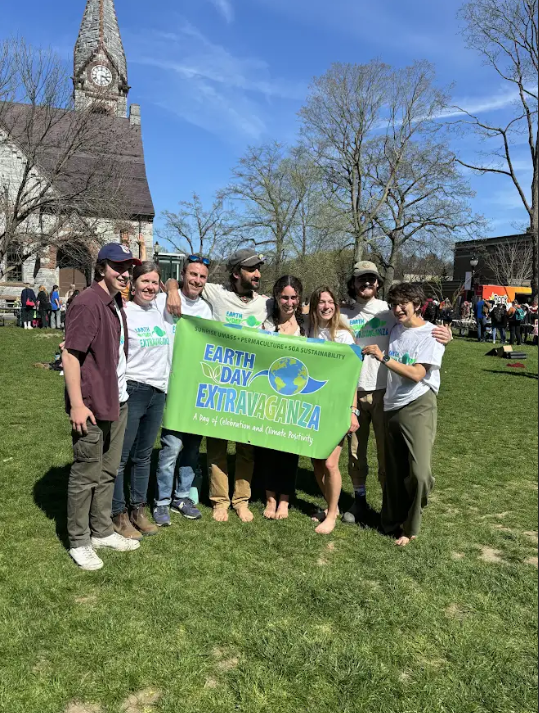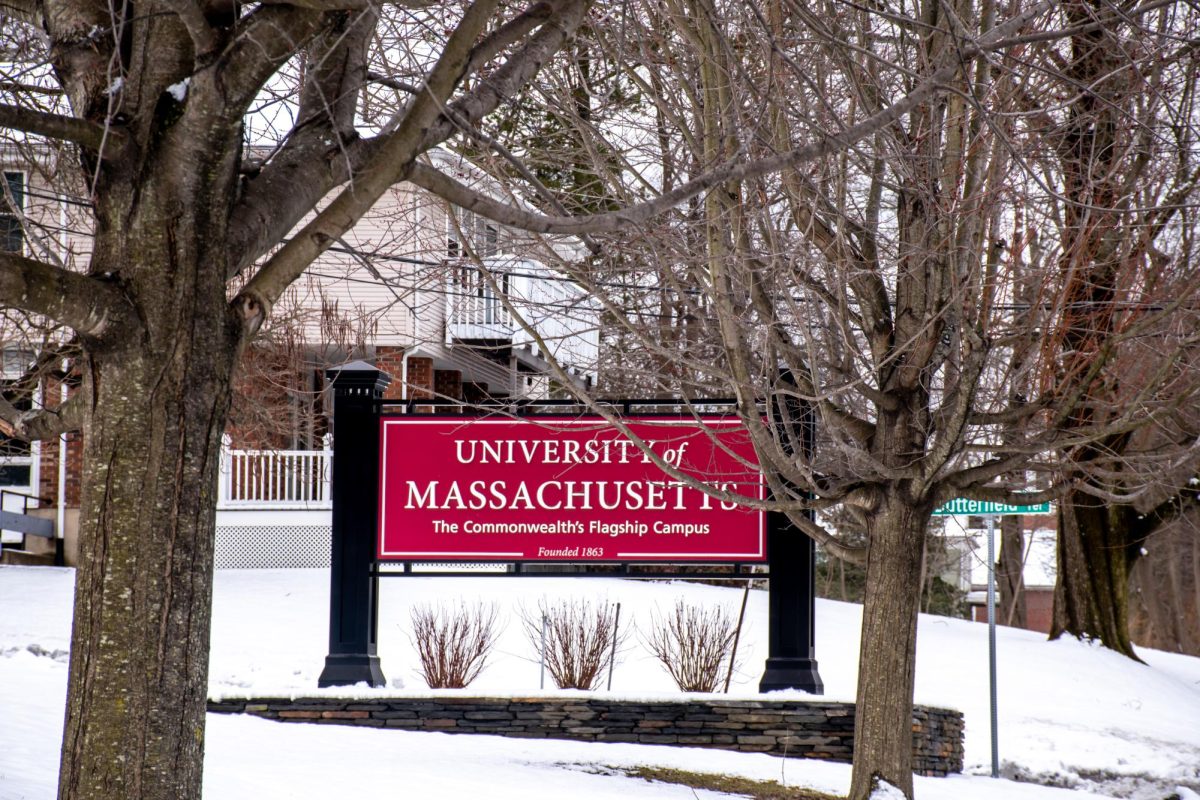It’s no longer breaking news that eating organic is a key to a long and healthy life. Originally touted as a “wonder-chemical” in the 1940s, DDT and other pesticides used on crops have since been condemned by almost every health group.
When Rachel Carson began a movement over 50 years ago, it took years of disregard before it became welcomed as common fact. The new norm is that pesticides, rather than pests, are the enemy. Eating our carrots with the possibility of a little extra protein protects us from ending up like the bugs insecticides promise to destroy.
Well-loved and understood in bubbles where sustainable, local and organic food runs aplenty, the motivation to eat organically isn’t as prevalent everywhere. Barriers to access include food deserts, financial complications and lack of education can be crippling to this cause. Organic agriculture is growing in popularity, but it still only represents a miniscule fraction of total food sold in the United States. In many low-income regions, fresh produce can hardly be found in grocery stores, much less options for organic or locally grown fruits and veggies.
The health benefits of growing organically to the individual consumer and the environment are plentiful. With the food production industry taking up 50 percent of the world’s habitable land for agriculture, the effects of how we grow that food are monstrous. Organic farming has been criticized as inefficient, yet conventional methods still allow waste of an estimated third of food crops. Recent studies demonstrate long-term benefits of organic agriculture that would allow the practice to sustain and allow the earth to recover from some of the harm that has been done to it.
Organic eating doesn’t mean there are no pesticides present in those fruits and vegetables. It actually may not even mean that your produce is completely chemical-free. What it means is that crops are grown and processed without active use of synthetic pesticides, genetic modification and certain sludge or petroleum-based fertilizers—which means these may be used in common practices. Organic animal production (meat, dairy, and eggs) considers access animals have to space and prevents synthetic uses of antibiotics and growth hormones. The result is food that is often sold fresher, with more substantial nutrients, less pesticide residue and represents more humane conditions for workers and animals.
In 2014, Gallup included the question of consideration to organic foods in their annual Consumption Survey for the first time. Results showed that 45 percent of Americans actively try to include organic foods in their diet, this number has steadily increased to almost 50 percent in this last year’s survey. The study also showed that young people, between the ages of 18 to 29, are most inclined to eat and buy organic. Meanwhile, cost of produce remained a significant factor in food purchasing decisions in more than 70 percent of buyers, whether or not they bought organic.
For those of us lucky enough to be confronted with the decision to buy organic or not, there are certain priorities that can help those judgement calls. For college students and recent graduates especially, sometimes new costs of living add up alongside entry-level salaries. Lucky for you, it’s okay if your entire grocery basket isn’t organic. Certain crops carry more or less of the pesticides used in their growth.
The “Clean 15” of non-organic safe foods are defined by the Environmental Working Group as: asparagus, avocado, mushrooms, cabbage, sweet corn, eggplant, kiwi, mango, onion, papaya, pineapple, sweet peas (frozen), sweet potatoes, grapefruit and cantaloupe.
Meanwhile, it’s best to be sure that if you’re consuming the following foods, you choose organic options because they are known to have the highest pesticide levels: apples, sweet bell peppers, cucumbers, celery, potatoes, grapes, cherry tomatoes, kale/collard greens, summer squash, nectarines, peaches, spinach, strawberries and hot peppers.
In terms of buying animal products, it is typically best to find organic options if your budget allows it to reduce the risks that these industrially-raised animals may carry.
For those of us lucky enough to have access to agriculture growing out of Amherst, there are even more benefits to choosing to buy from local farmers, including the opportunity to learn about their specific growing practices. There are manylocal farms that distribute to markets, can be bought from directly, or through CSA programs, where customers pay up front for weekly or monthly pickups of fruit and veggie hauls. The University of Massachusetts Student Farm is certified organic, has a CSA program available to students and produce sold in Big Y stores across the Pioneer Valley.
So, the next time you go grocery shopping, don’t be scared of a little soil on your squash, it’s better than poison in your parsnips.
Emma Waldman can be reached at [email protected]



















